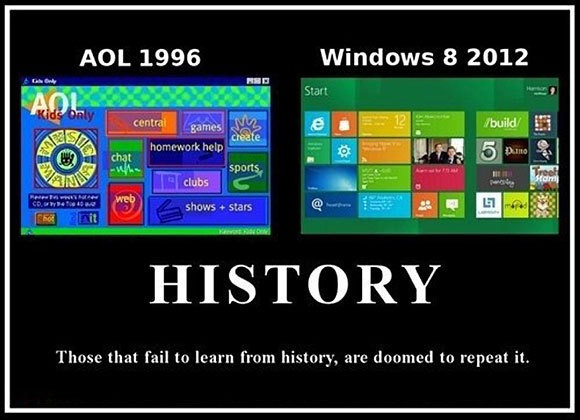B00nie
[H]F Junkie
- Joined
- Nov 1, 2012
- Messages
- 9,327
Why do you want to sell to poor people when you can sell highend to people who can buy your product with a much higher profit margin?
Business wise it does make sense but on the other hand Apple will never gain a dominant market position that way. Perhaps it's for the best so OSX won't get targeted so much.
![[H]ard|Forum](/styles/hardforum/xenforo/logo_dark.png)
